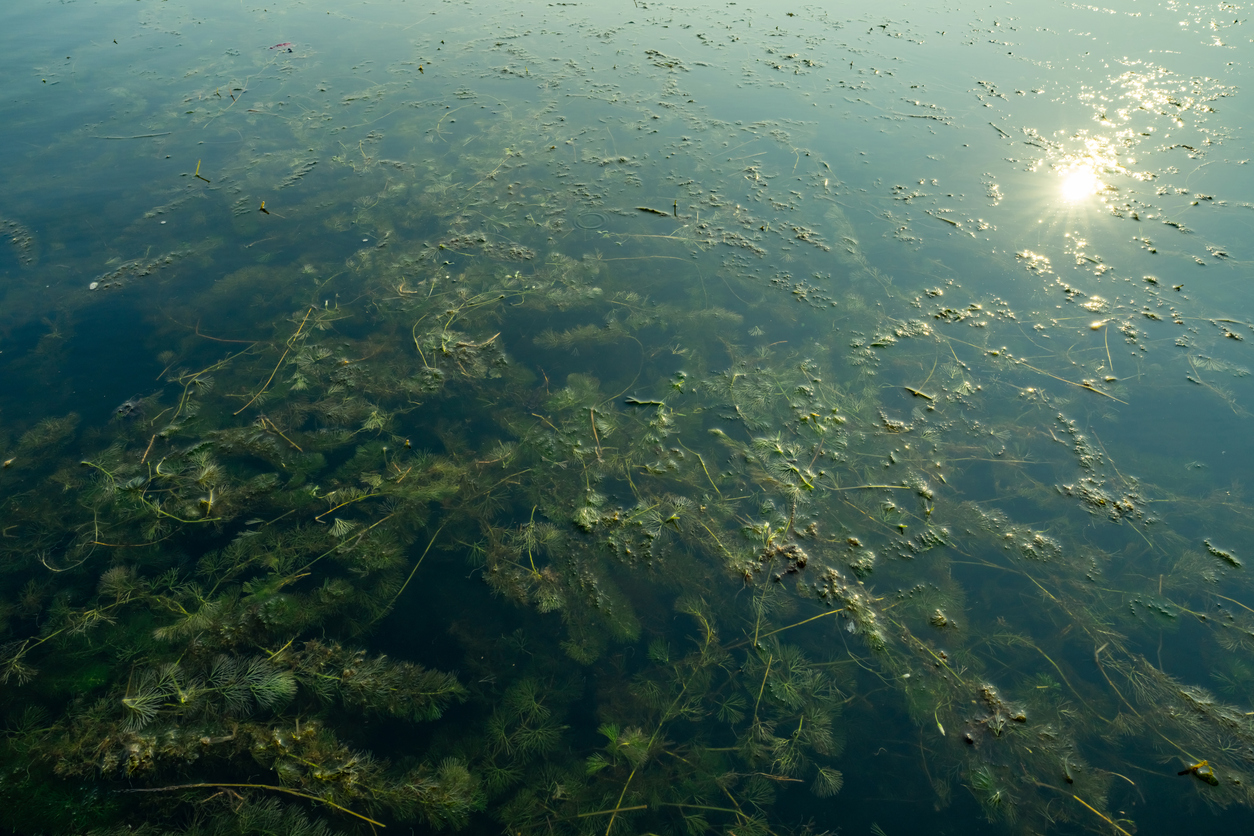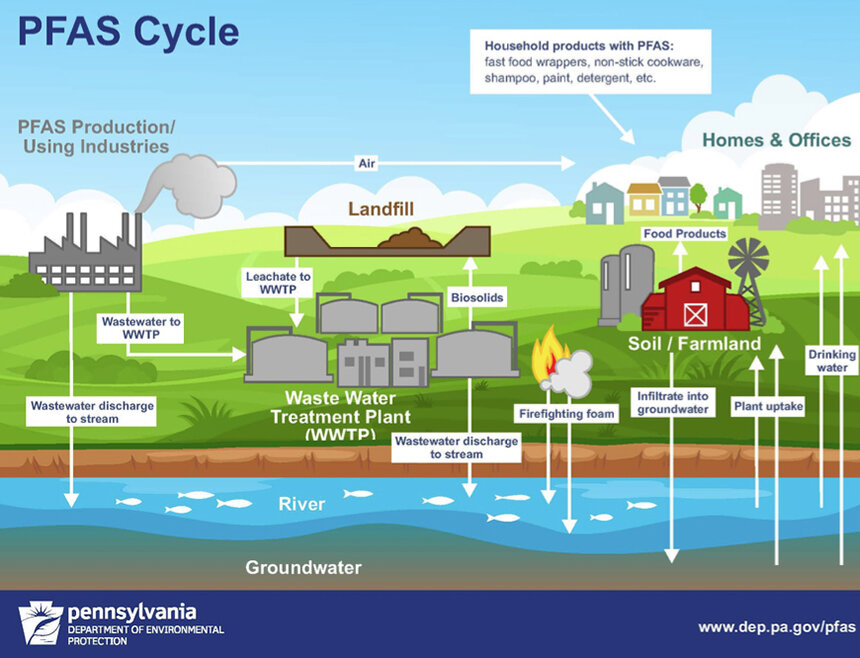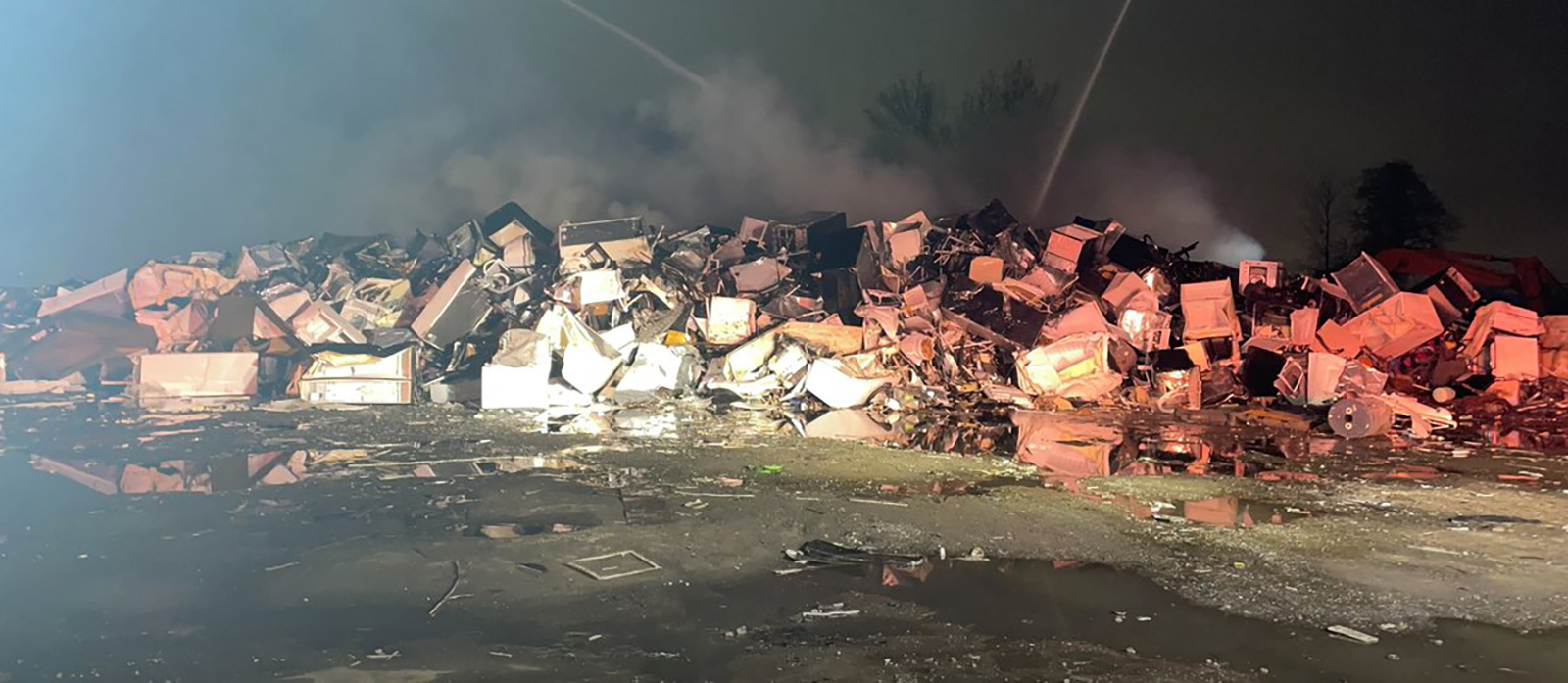Rhode Island Denies Environmental Groups Request for Revised Drinking Water Safety Standards
March 18, 2019
PROVIDENCE — Rhode Island won’t be regulating perfluoroalkyl and polyfluoroalkyl substances, a class of toxic chemicals commonly known as PFASs. But it will continue testing for them.
PFASs help products repel water, moisture, oil, and grease. They coat non-stick cookware, fast-food containers, waterproof clothing, stain-resistant carpeting, and some dental flosses. Teflon is a common PFAS. Deli paper, microwave popcorn bags, and compostable take-out containers also contain PFASs.
PFASs can be ingested through consumption of food and water, and breathing inside and outside air.
According to the Environmental Protection Agency (EPA), PFAs are linked to kidney and testicular cancer, thyroid disruption, high cholesterol, developmental disorders, decreased fertility, and damage to the immune system.
Firefighting foam is another common source of PFASs and a fire department is being blamed for contamination of the Oakland Association public water system in Burrillville. The site is one of three in Rhode Island to contain high levels of PFASs, discovered by a 2017 study of 40 small public water systems. Conducted by the Rhode Island Department of Health (DOH), the Rhode Island Department of Environmental Management, and Brown University, the study tested for nine PFAS compounds with a threshold of 70 parts per trillion.
A source well in North Providence had to be connected to the public water system after it tested for excessive levels of PFASs. PFASs have also been found in water supplies in Cumberland, Westerly, and in ground water at Naval Station Newport.
DOH recently denied a request by the Toxics Action Center (TAC) and the Conservation Law Foundation (CLF) to adopt drinking-water standards for five of the most common PFASs.
“Additional research and analysis are needed to better assess the threats of PFASs on public water systems,” DOH wrote in its March 11 rejection letter to TAC and CLF.
DOH said it “lacks sufficient quantitative and qualitative data upon which to base appropriate regulations.”
This spring the state health agency plans to test school wells after it learned through the EPA and regional entities that common floor waxes containing PFAS have been drained into onsite septic systems or poured directly onto school grounds.
TAC and CLF want Rhode Island to follow the lead of its New England neighbors. Massachusetts and Vermont plan to test for five PFASs and treat contaminated sources. Vermont has a bill that requires annual testing and sets a level of 20 parts per trillion for public drinking-water supplies. New Hampshire is proposing rules for testing and treatment and introduced legislation that requires testing in three communities with sites polluted by PFASs. Maine recently created a task force to study PFAS contamination and remediation.
TAC and CLF proposed setting drinking-water thresholds of 20 parts per trillion for five PFASs. In their petition to DOH, the environmental groups noted that there are more than 3,000 PFASs and that chemical manufacturers such as DuPont and 3M have known for decades about the health impacts of PFASs in their products but failed to stop using them. TAC and CLF blamed the EPA for taking a sluggish response once it learned of the health risks. The EPA doesn’t require public water systems to regularly test or treat for PFASs. The federal agency also gave chemical companies 10 years to phase out their use of PFASs.
“Rhode Island can—and must—take the lead in the absence of federal safeguards,” according to the TAC and CLF letter to DOH.
“Until we have more robust standards, people are going to get sick,” said Sofía Owen, TAC’s community organizer for eastern Massachusetts and Rhode Island.
The Superfund Research Program Center at the University of Rhode Island was created to identify and reduce the risks of PFASs on public health.
Categories
Join the Discussion
View CommentsRelated Stories
Your support keeps our reporters on the environmental beat.
Reader support is at the core of our nonprofit news model. Together, we can keep the environment in the headlines.
We use cookies to improve your experience and deliver personalized content. View Cookie Settings



